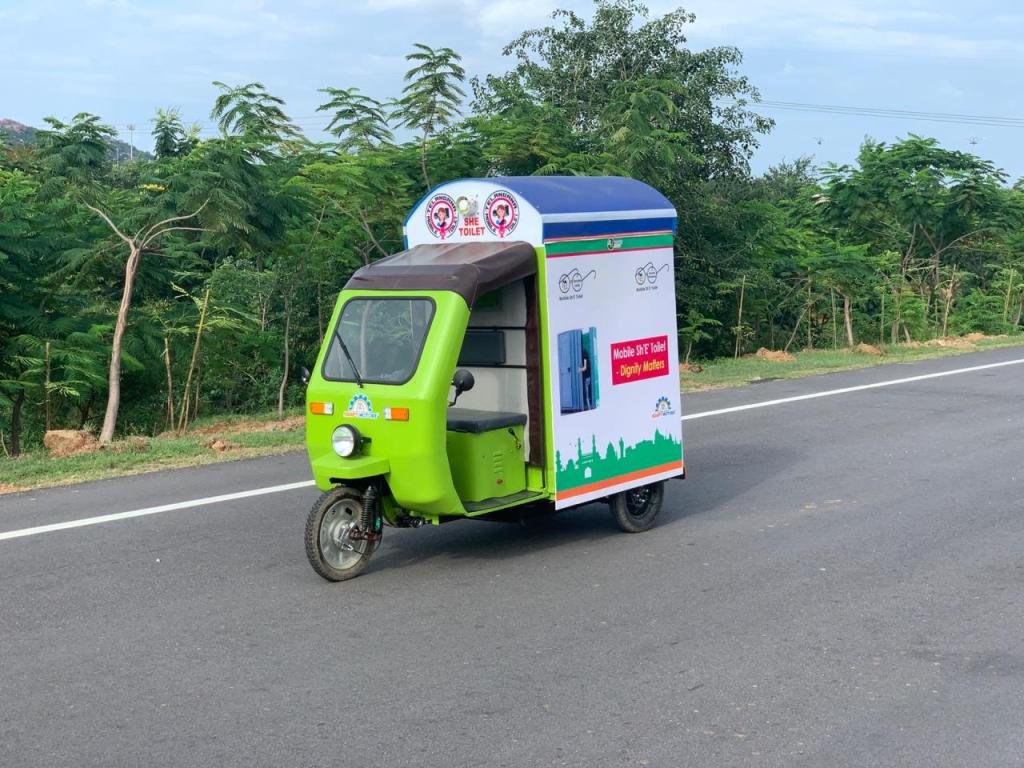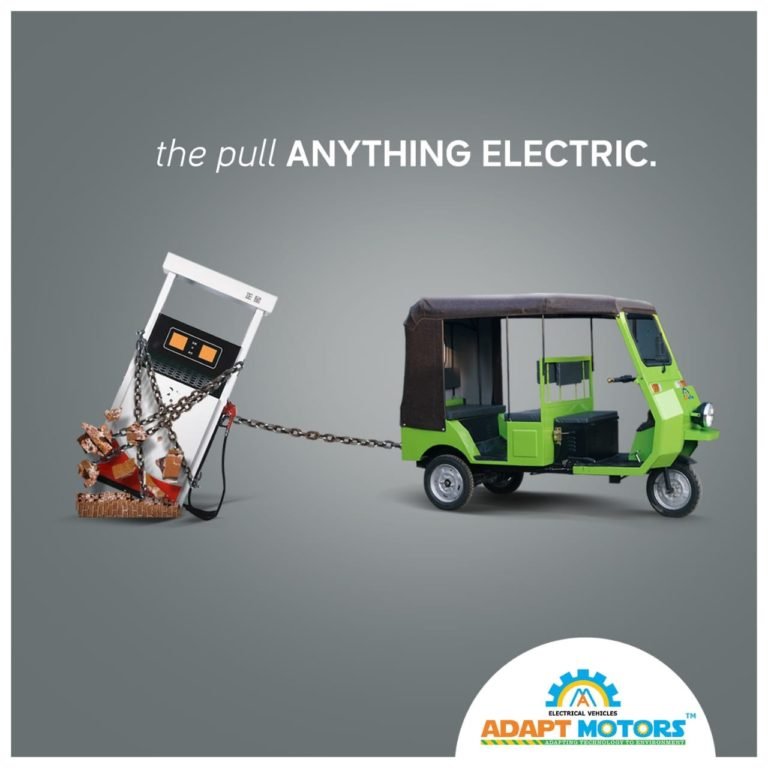Adapt Motors and FoundersLab Unveil Kakatiya Institute of Technology and Science: A New Era of Innovation in Warangal
On a bright and momentous day, Adapt Motors and FoundersLab came together to inaugurate the Kakatiya Institute of Technology and Science (KITS) campus at Yerragattu Hillocks, Bheemaram, Hasanparthy, Warangal. This collaboration marks an exciting milestone in the fields of education, technology, and innovation, bringing together visionary leaders to further the cause of academic excellence and skill development in the region.
A Vision of Innovation and Growth
The inauguration event, attended by industry leaders, educators, and students, was a celebration of innovation, technological advancement, and the promise of future growth. Adapt Motors, a leader in the automotive sector known for its commitment to sustainability and cutting-edge technology, partnered with FoundersLab, an organization dedicated to fostering entrepreneurship and empowering the next generation of business leaders.
Together, the two organizations recognized the importance of bridging the gap between education and industry, and they envisioned Kakatiya Institute of Technology and Science as a hub where young minds can flourish. The newly inaugurated campus, located at the serene Yerragattu Hillocks in Warangal, is poised to become a beacon for students aspiring to pursue careers in engineering, technology, and innovation.





The Role of Adapt Motors
Adapt Motors has been a trailblazer in the electric vehicle (EV) industry, focused on creating sustainable, cutting-edge automotive solutions. The company has always prioritized education, nurturing talent, and creating avenues for future leaders in technology. By supporting KITS, Adapt Motors is demonstrating its commitment to fostering innovation and advancing the education landscape in Telangana.
The company believes that education plays a crucial role in shaping the future of industries like electric mobility, and it envisions KITS as a space where students will be equipped with the necessary skills and knowledge to drive technological advancements. Adapt Motors is also exploring future collaborations with KITS in areas such as sustainable mobility, robotics, and AI, ensuring that students have access to the latest trends and practical expertise.
FoundersLab, with its passion for entrepreneurship and startup culture, played a pivotal role in the establishment of this new campus. The organization has long been a driving force in nurturing young talent, offering mentorship, and helping students build a strong foundation for launching their own ventures. FoundersLab’s commitment to creating opportunities for students aligns perfectly with the ethos of KITS, making it an ideal partner in this ambitious project.
With FoundersLab’s involvement, the KITS campus will not only focus on traditional academic programs but also offer incubation spaces, workshops, and entrepreneurial initiatives. This unique blend of education and entrepreneurial support will ensure that students are well-equipped to thrive in a competitive, ever-evolving job market.
The Yerragattu Hillocks location in Bheemaram, Hasanparthy, Warangal, offers an idyllic setting for both academic and personal growth. The peaceful environment combined with state-of-the-art infrastructure is designed to inspire creativity, foster teamwork, and provide students with an exceptional learning experience. The campus is set to become a hub of innovation, with facilities that support both theoretical learning and hands-on applications in various technical fields.
With the inauguration of the Kakatiya Institute of Technology and Science, the region of Warangal is set to experience an educational renaissance. KITS is expected to attract bright young minds from across the state and beyond, helping to position Telangana as a center for technological excellence.
Adapt Motors and FoundersLab’s vision for the future of KITS includes a wide range of initiatives designed to equip students with the skills necessary to excel in a fast-paced, tech-driven world. From industry internships and research opportunities to entrepreneurship support and innovation hubs, the campus is primed to be a breeding ground for tomorrow’s leaders.
The inauguration of Kakatiya Institute of Technology and Science at Yerragattu Hillocks marks a significant step forward in Telangana’s educational and technological landscape. Adapt Motors and FoundersLab have once again demonstrated their unwavering commitment to advancing education and innovation in the region. As this dynamic partnership continues to grow, it is clear that KITS will play a pivotal role in shaping the future of technology and entrepreneurship, providing students with the tools they need to succeed in an ever-changing world.













